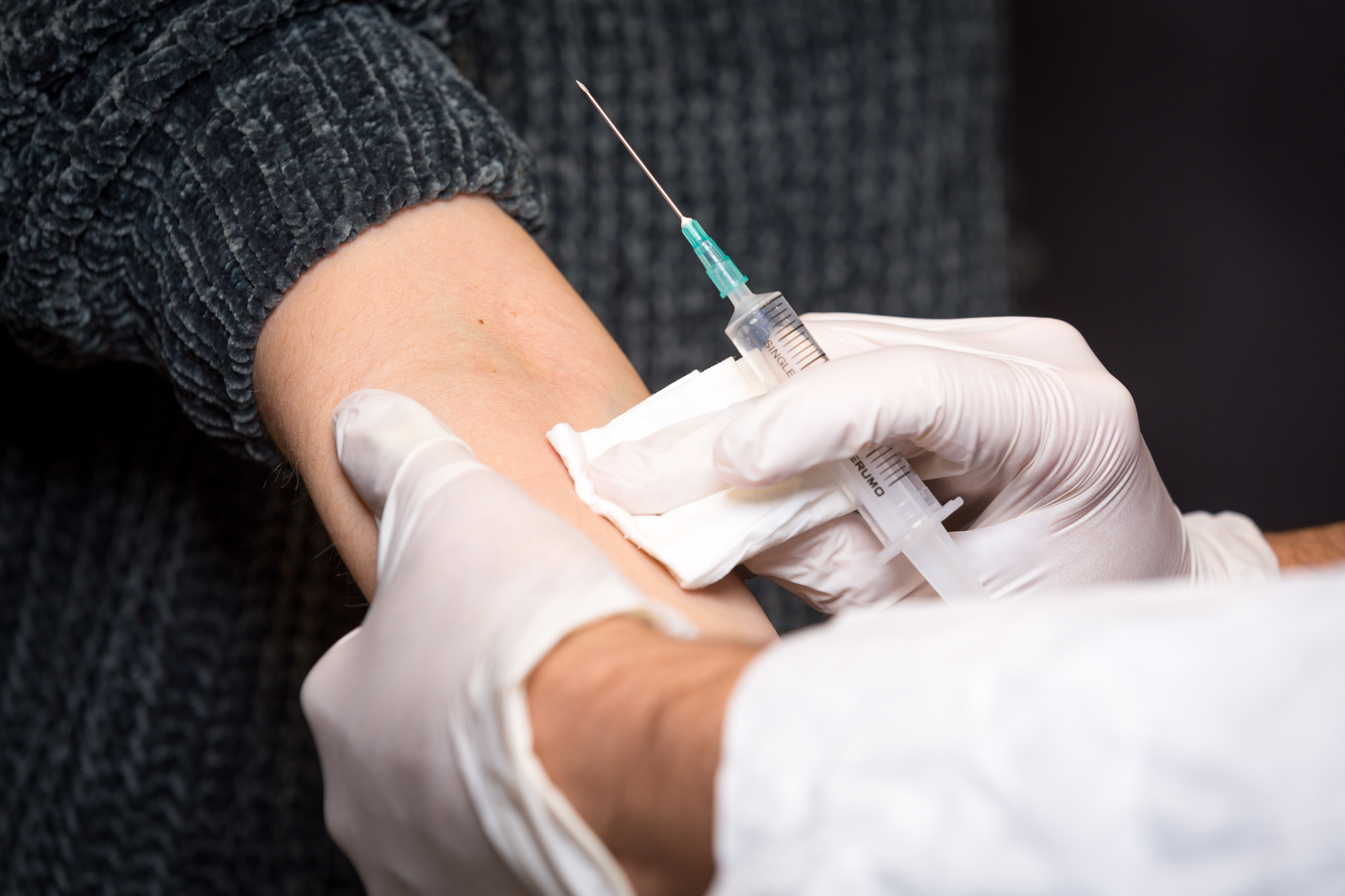Different responses to the same level of infection costs confidence / We urgently need a few more months of discipline / Approval and supply of vaccines can ease the situation until spring
"I expect the danger from the coronavirus to decrease significantly next spring”, said EPP-MEP and physician Peter Liese. Liese justified his hope by pointing out that many projects to research a vaccine are already very far advanced. "A total of six projects are already in the third phase of clinical trials. Many companies are planning to complete this phase in autumn and then apply for approval. At the same time, the European Commission has completed discussions with five companies to obtain large quantities of the vaccine very quickly in case of successful vaccine development. We also have information that people who have gone through an infection are protected from a second infection, either completely or get it in a milder form. Third, there is obviously a section of the population that is naturally less at risk from the virus than others, for example through genetic factors. If all this comes together, the pandemic may lose its horror over the next year. Until then, however, we still need to be disciplined and patient, especially in autumn and winter. Above all, we must protect high-risk patients - these are not only the elderly, but also, for example, people who are immunosuppressed because of cancer", according to the health policy spokesperson of the largest group in the European Parliament (EPP/Christian Democrats).
Liese also commented on the acceptance of the different measures across Europe to tackle to virus. “Public acceptance of the measures suffers not only from conspiracy theories, but also from the fact that many different criteria apply between European countries. Travel warnings and the like are not based on uniform European criteria. While it is true that different measures must be taken to deal with different levels of risk of infection, the justification for certain different measures in the European Union is not based on common figures and scientific knowledge. The individual decisions of individual national or regional decision-makers dominate. However, this creates chaos and reduces acceptance. That is why we urgently need to change this". Liese welcomed considerations by the European Commission to present proposals in the coming weeks to strengthen the European Centre for Disease Control and Prevention (ECDC) as an important part of such a strategy.


